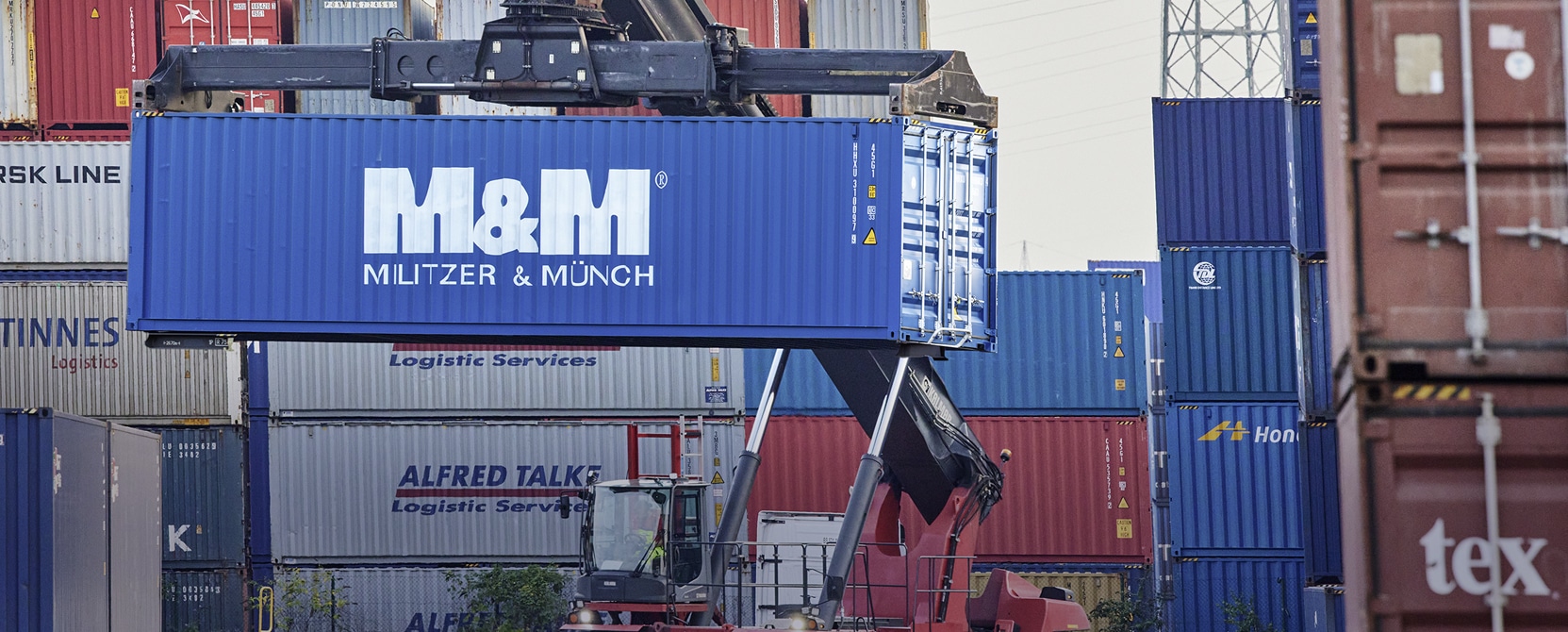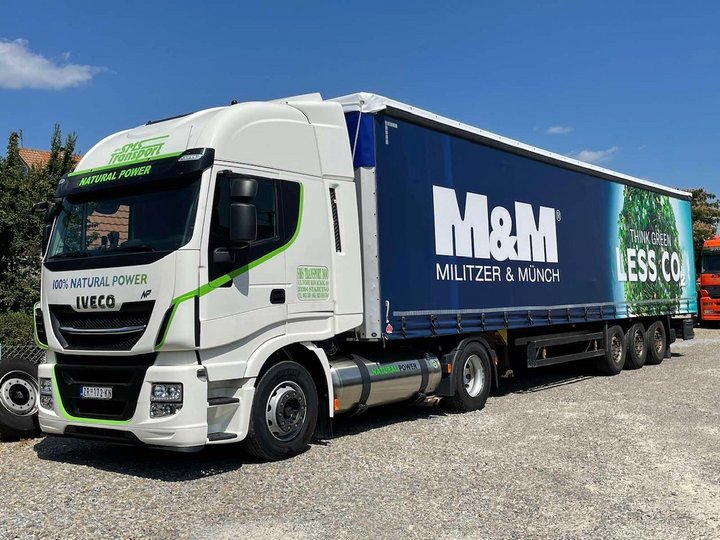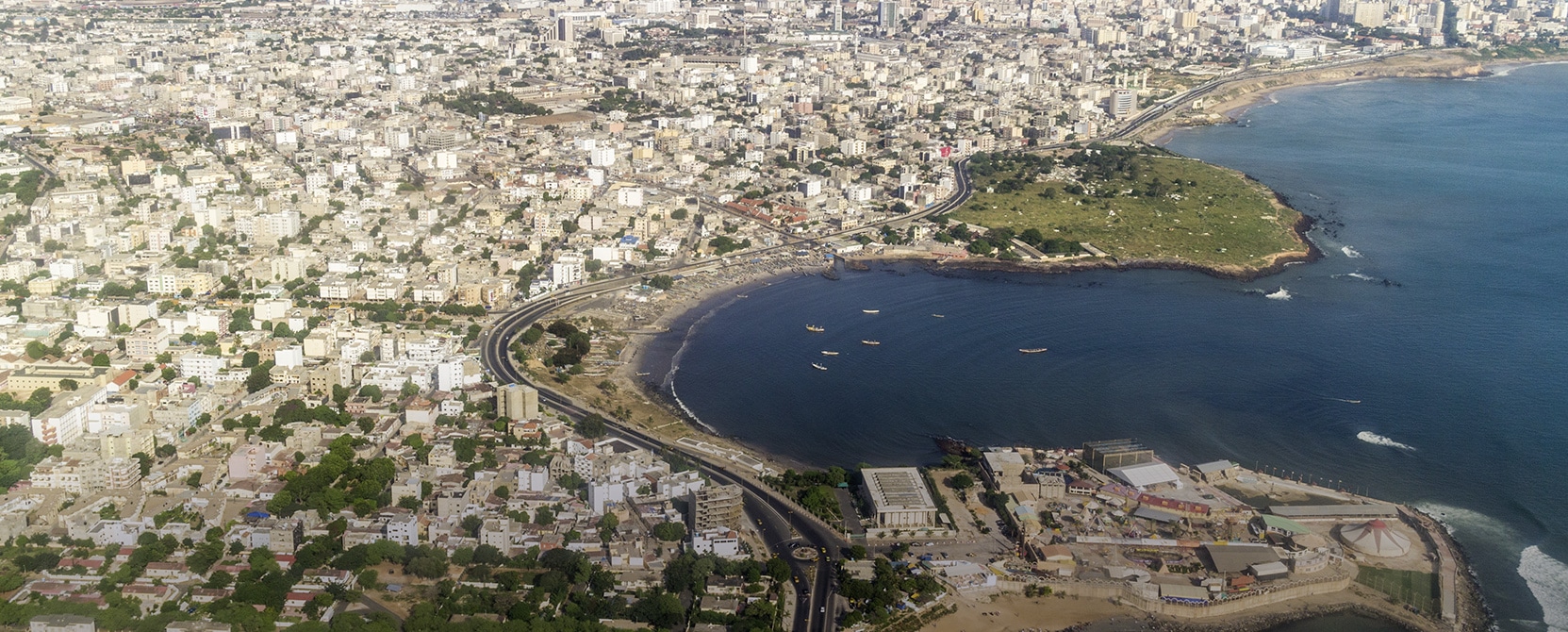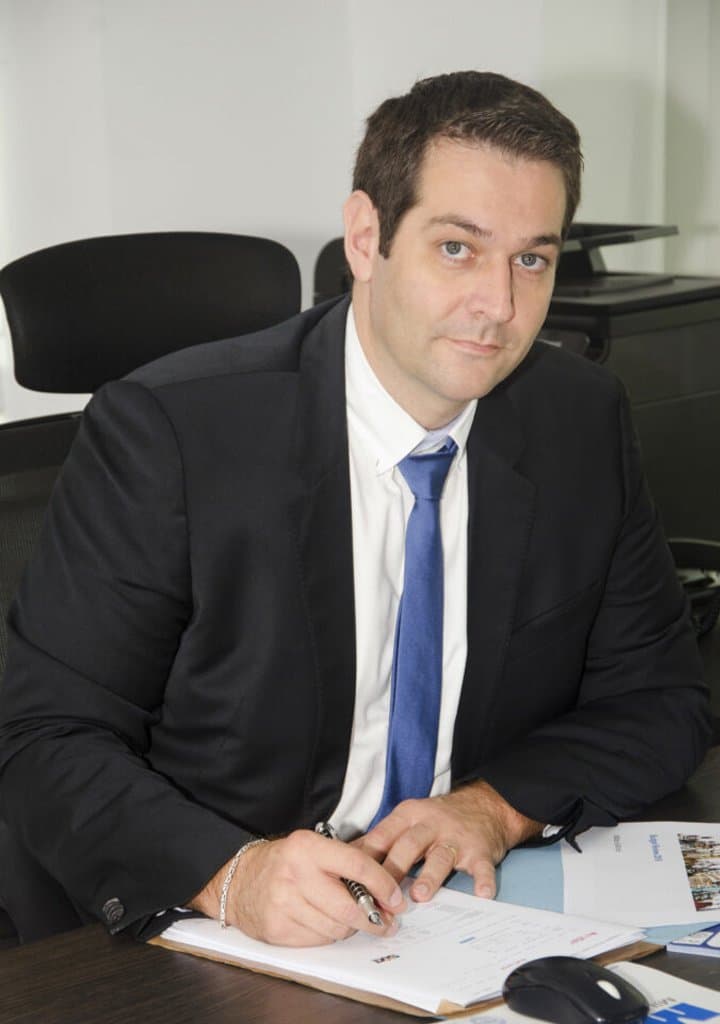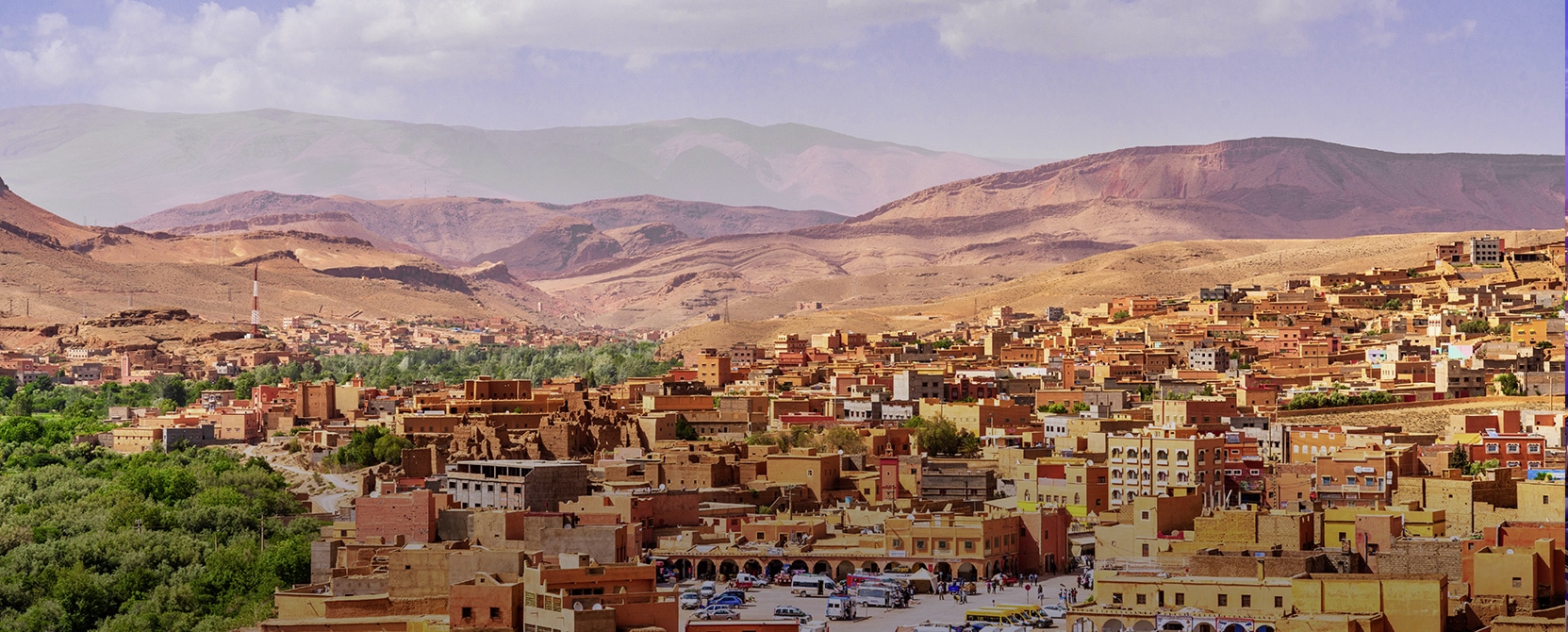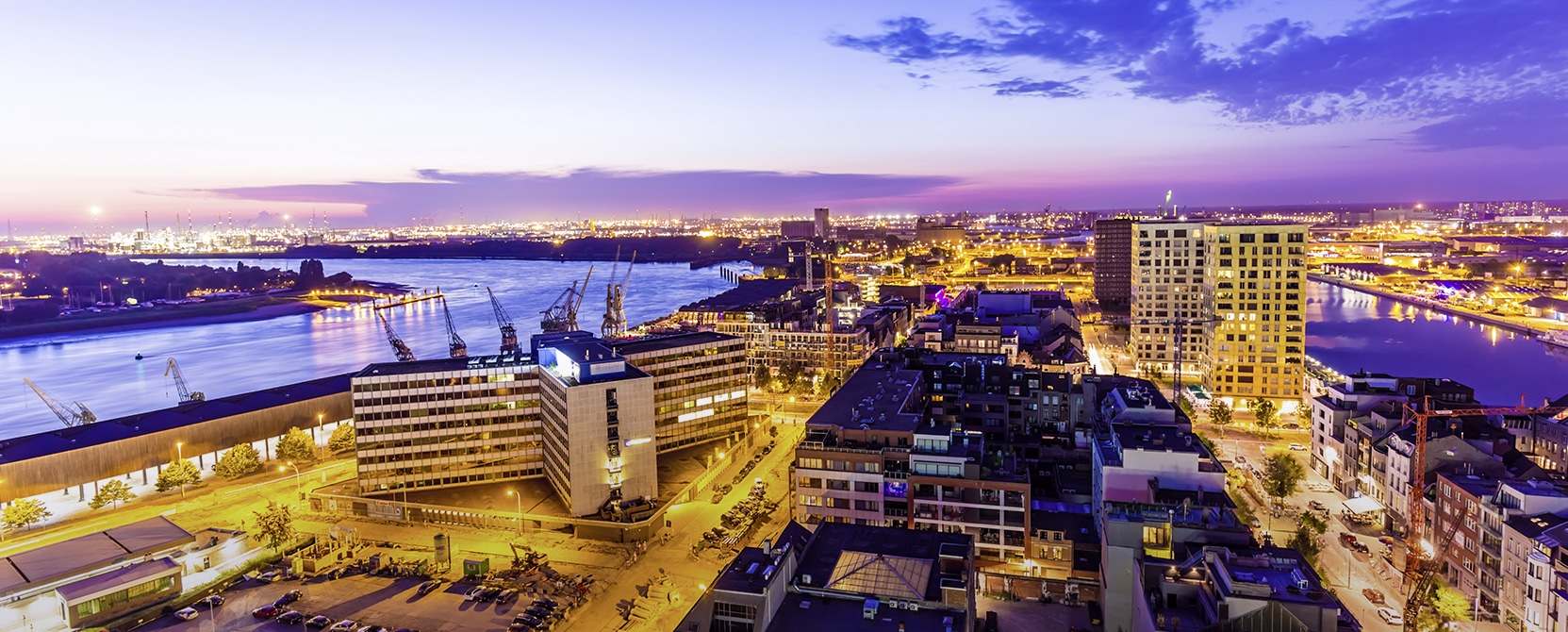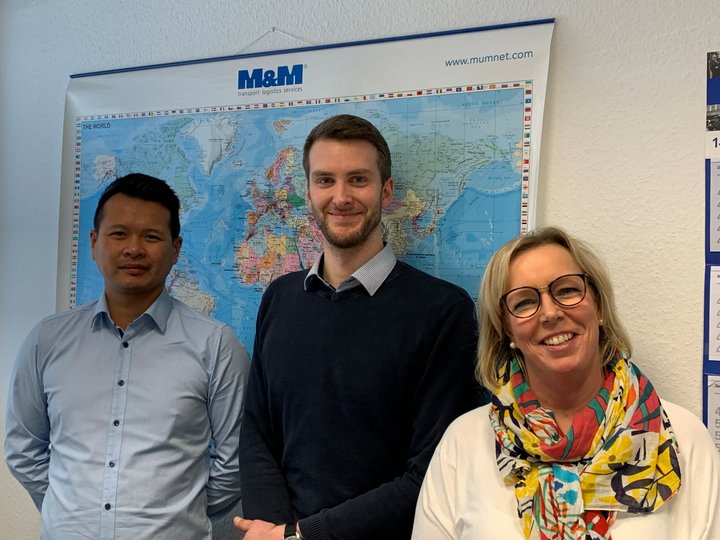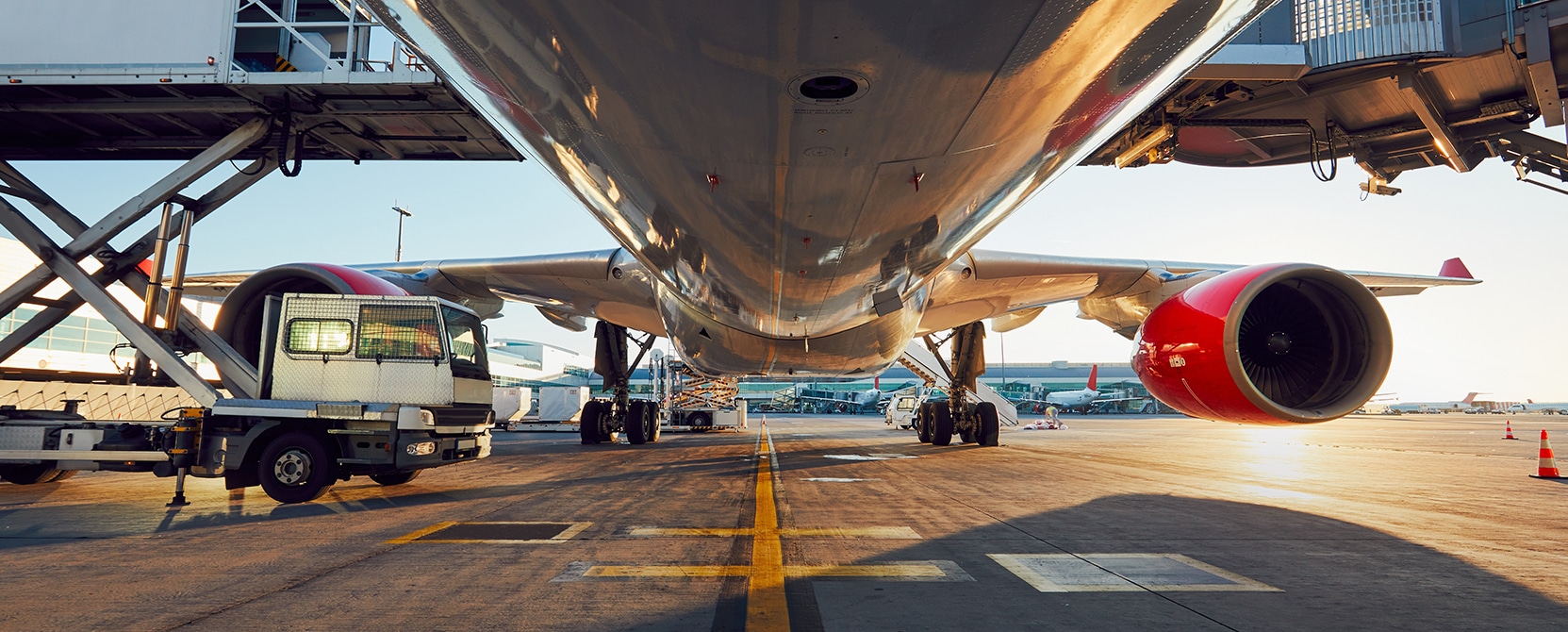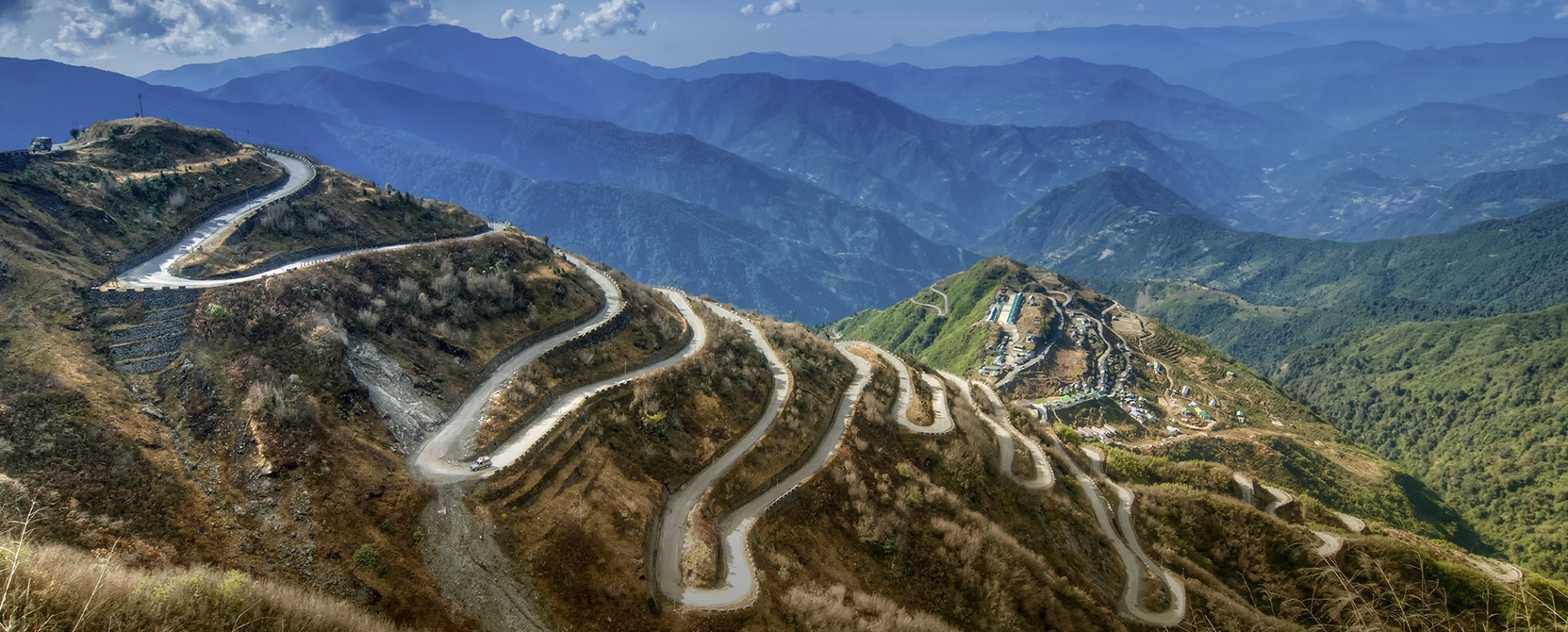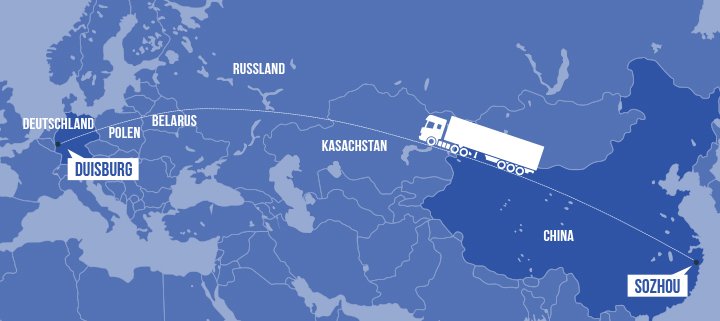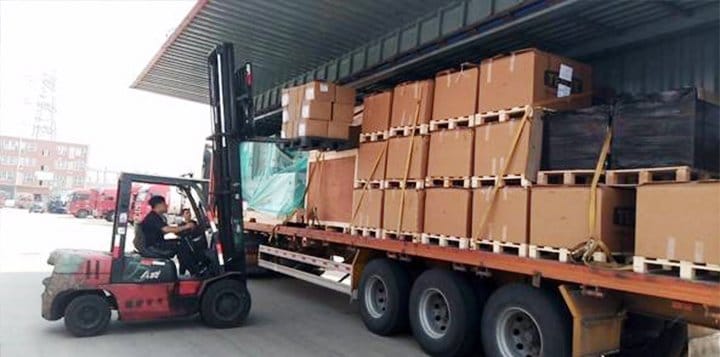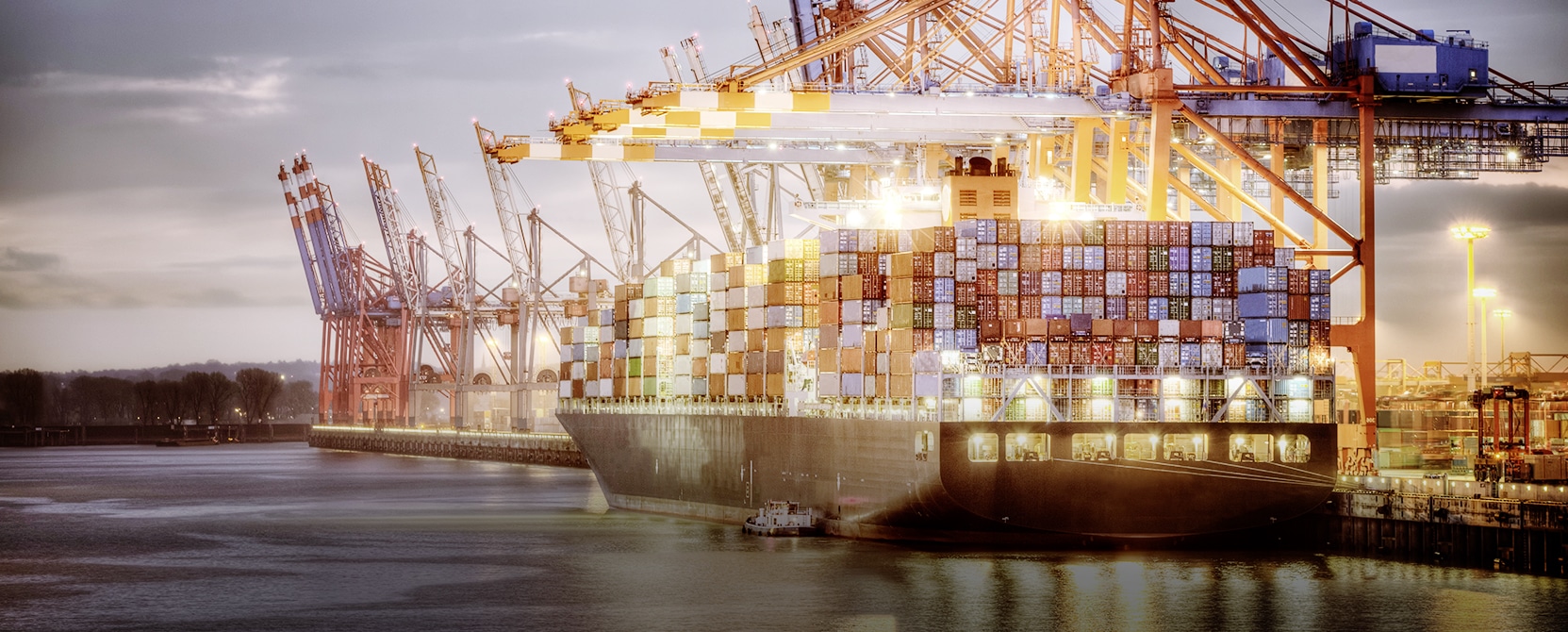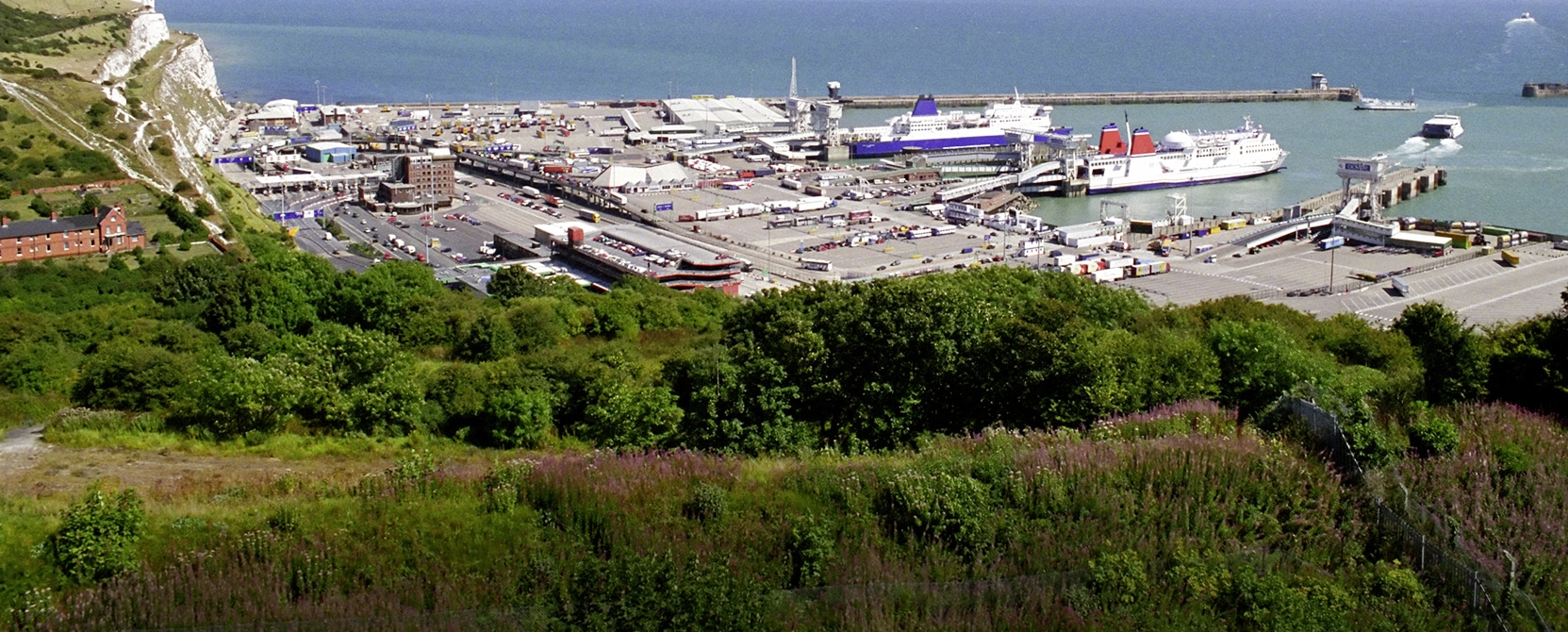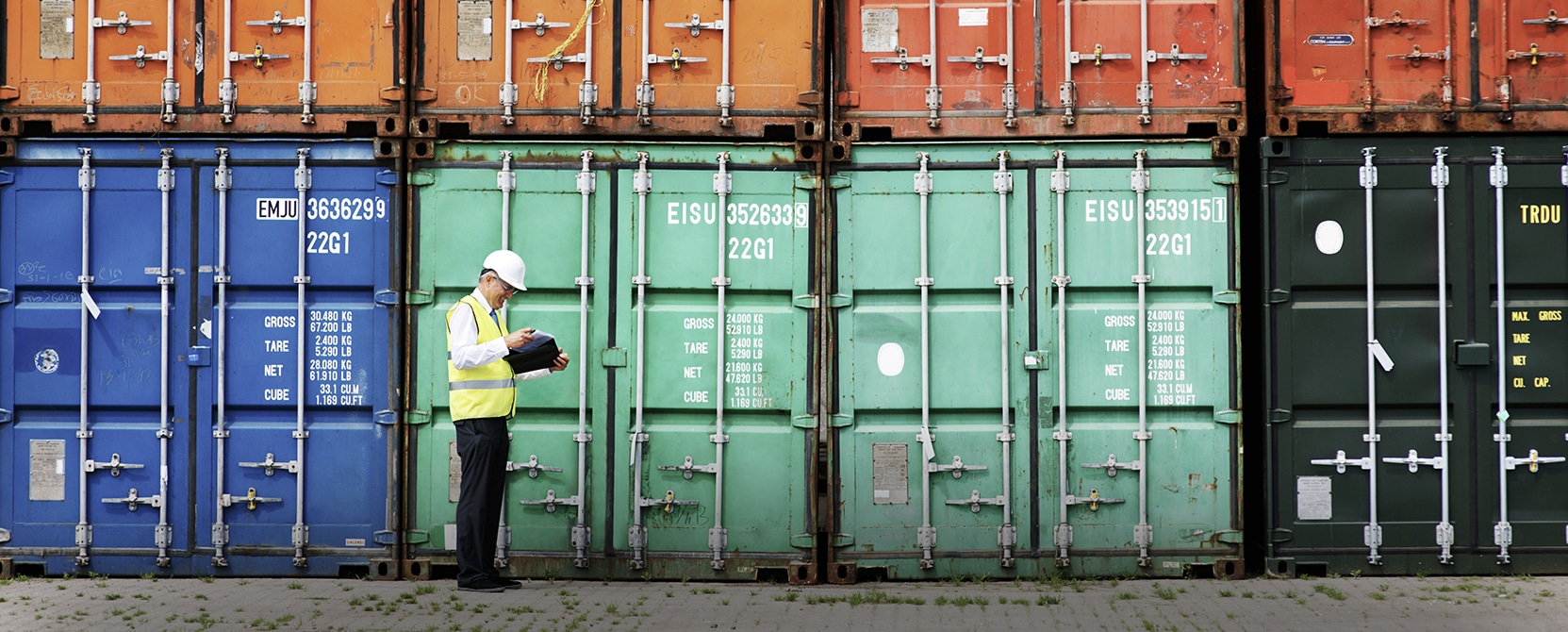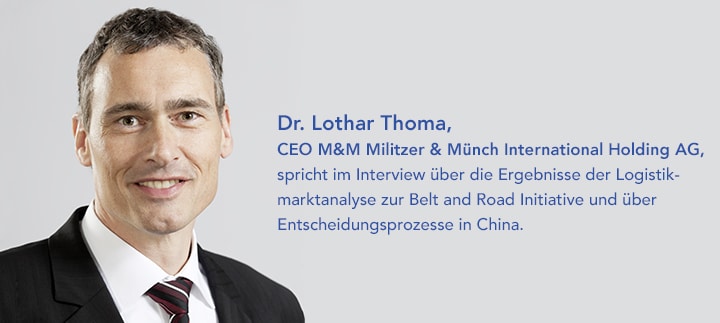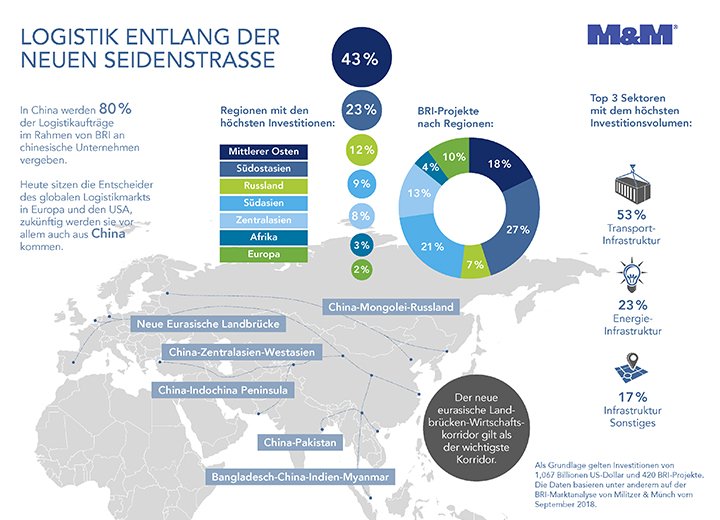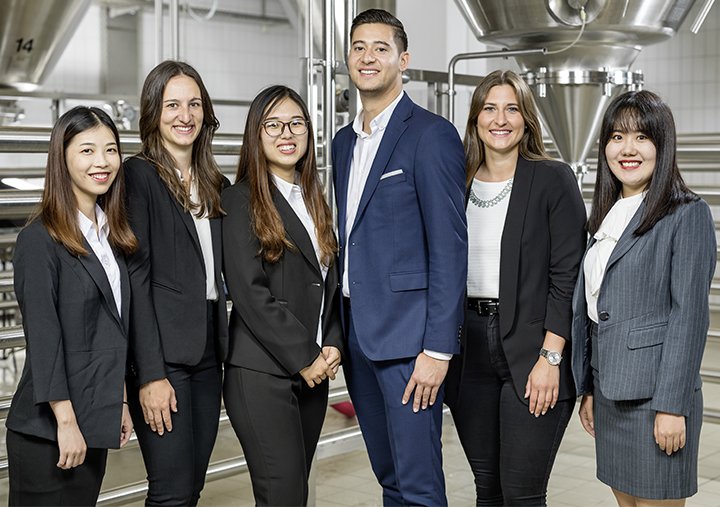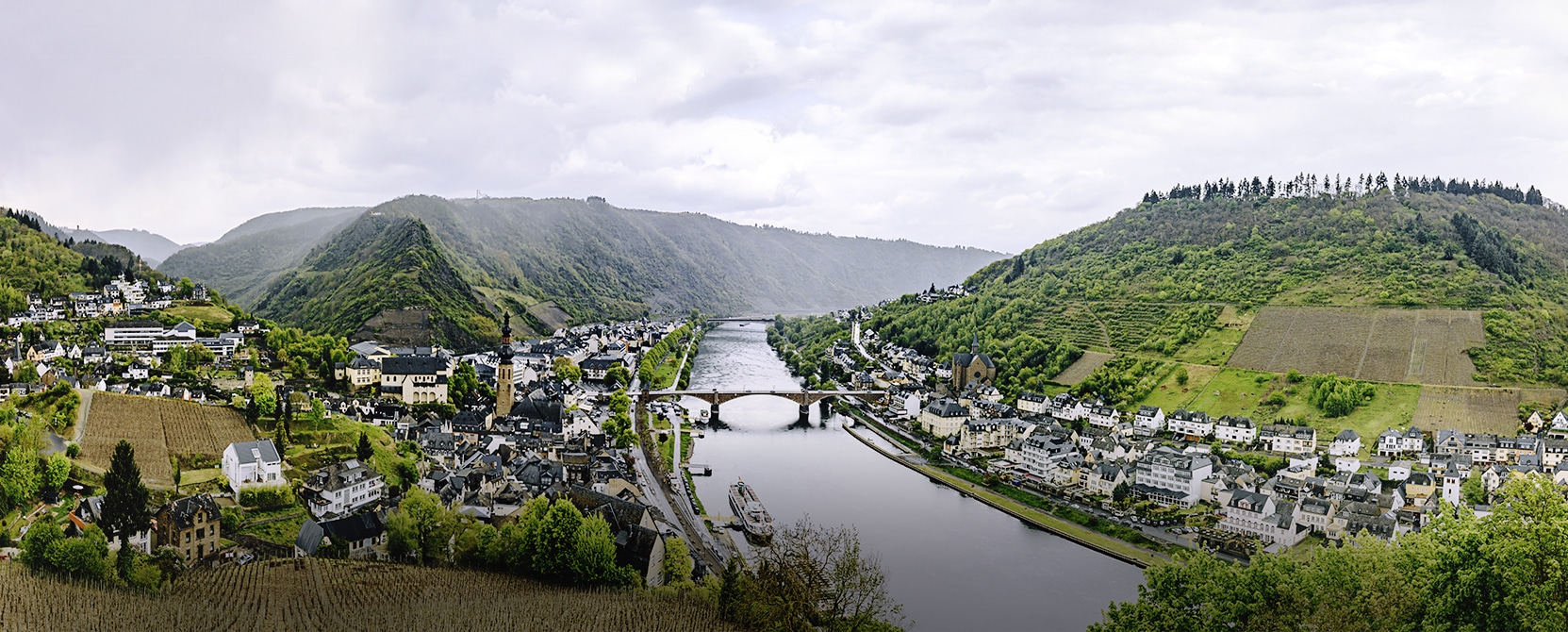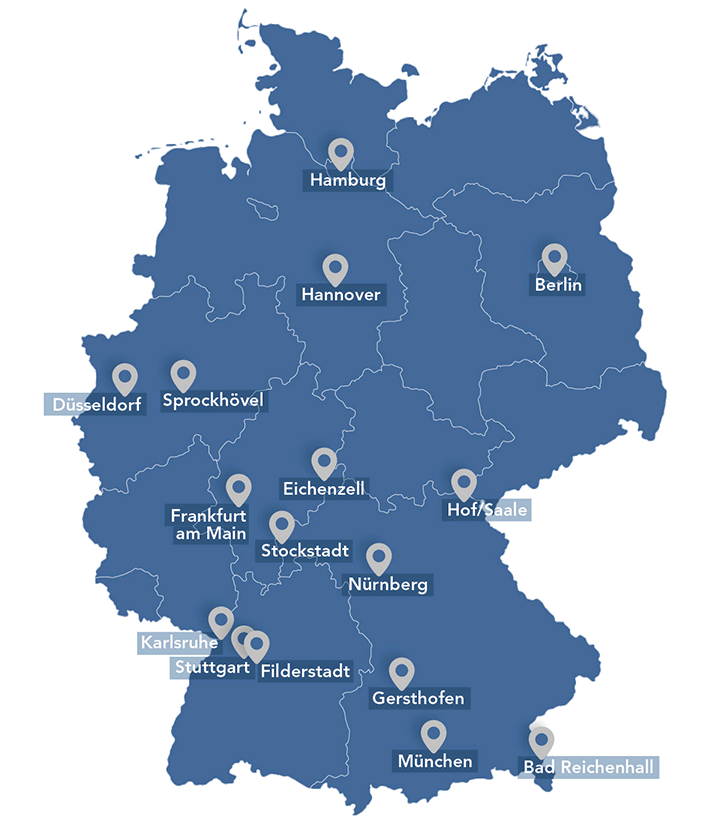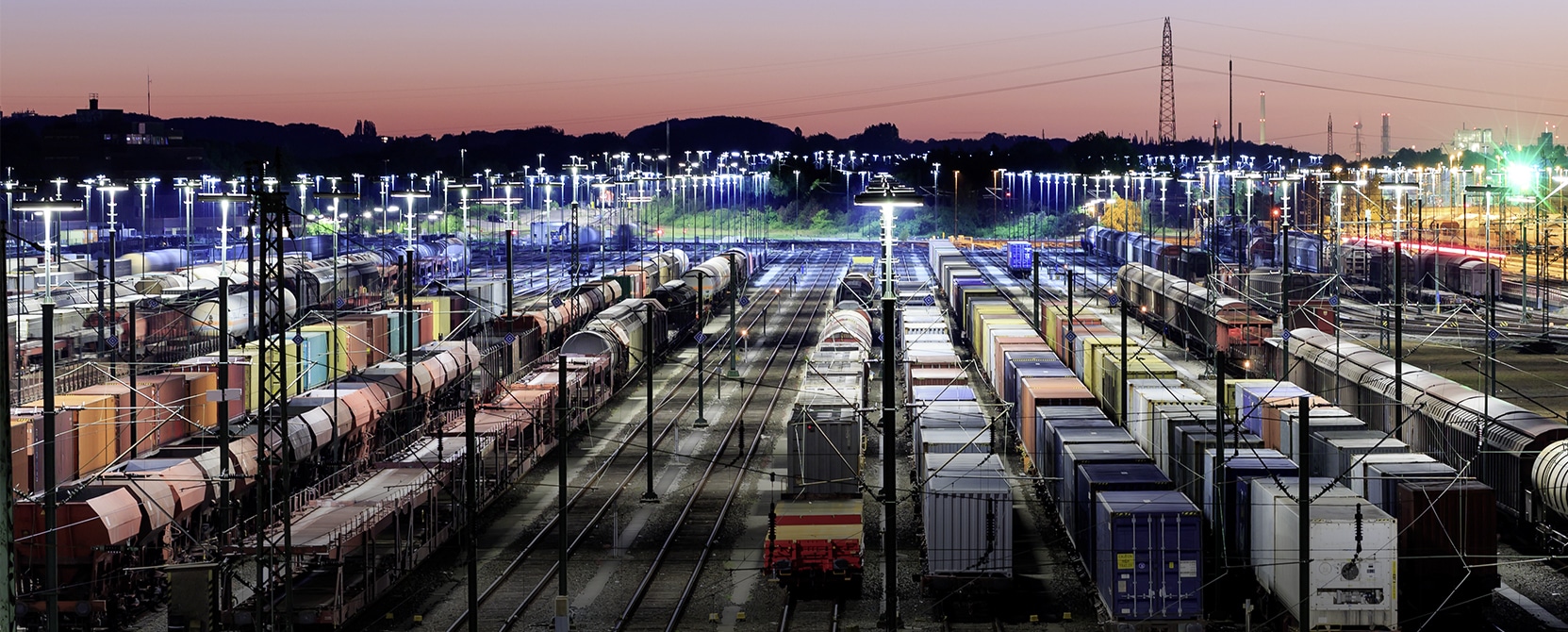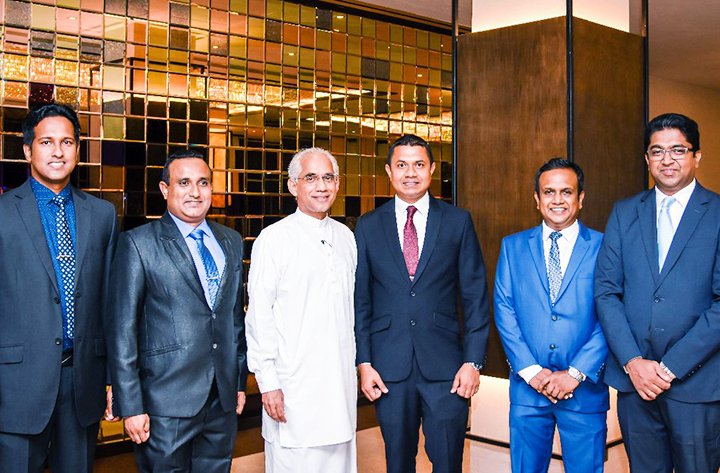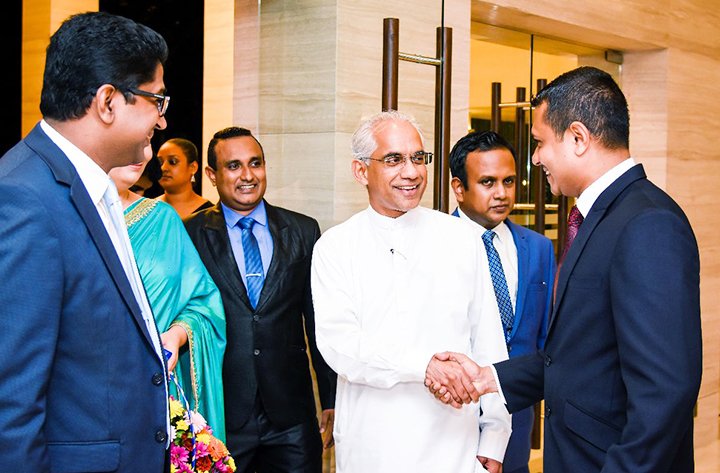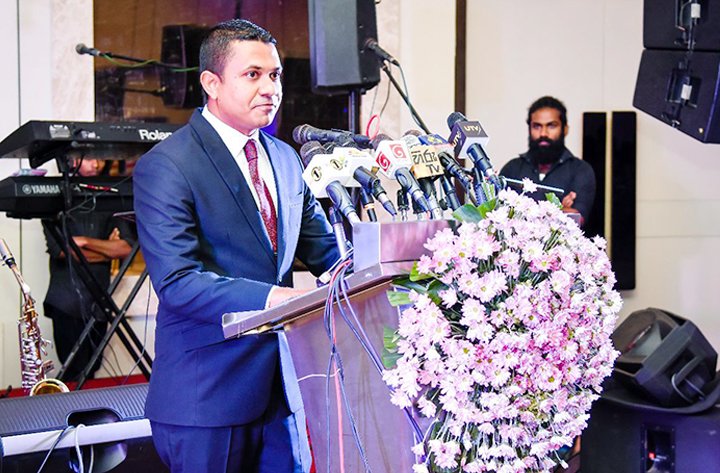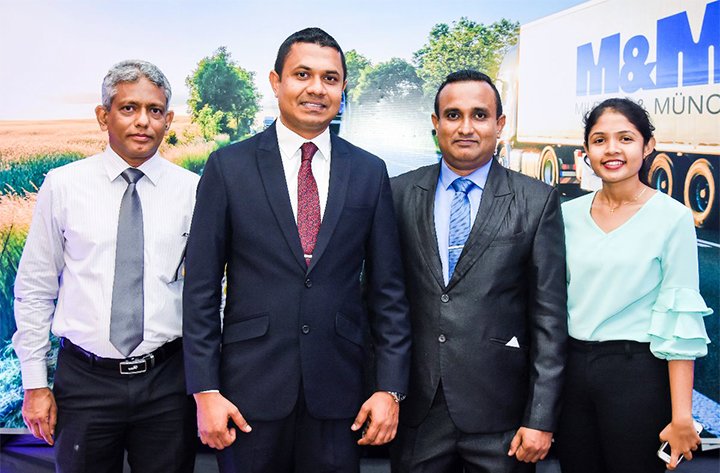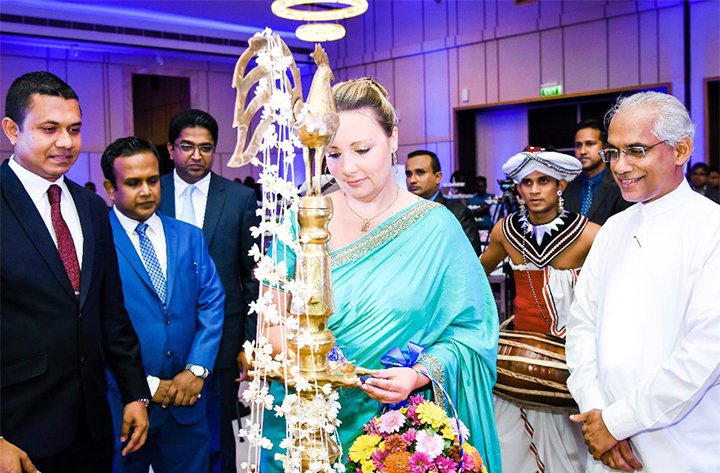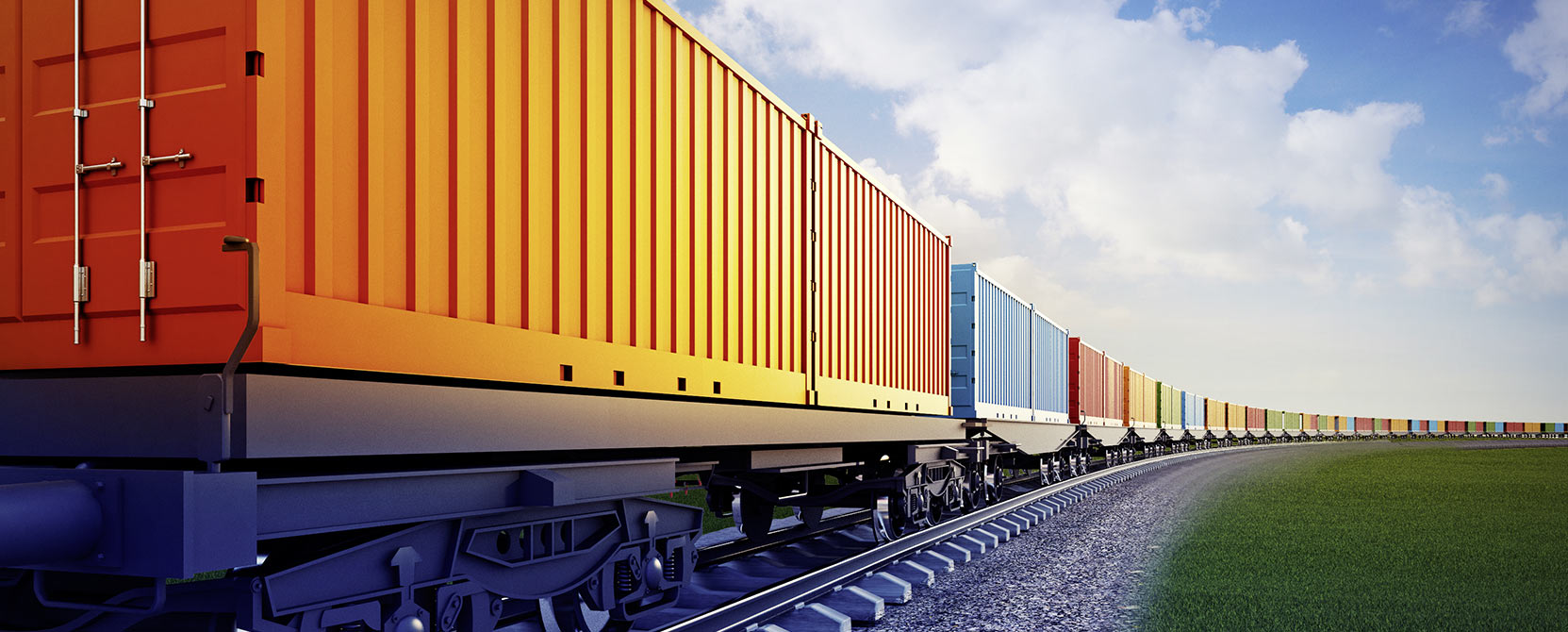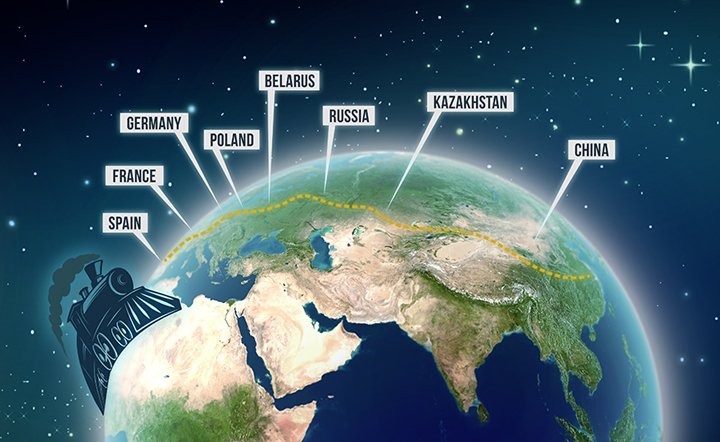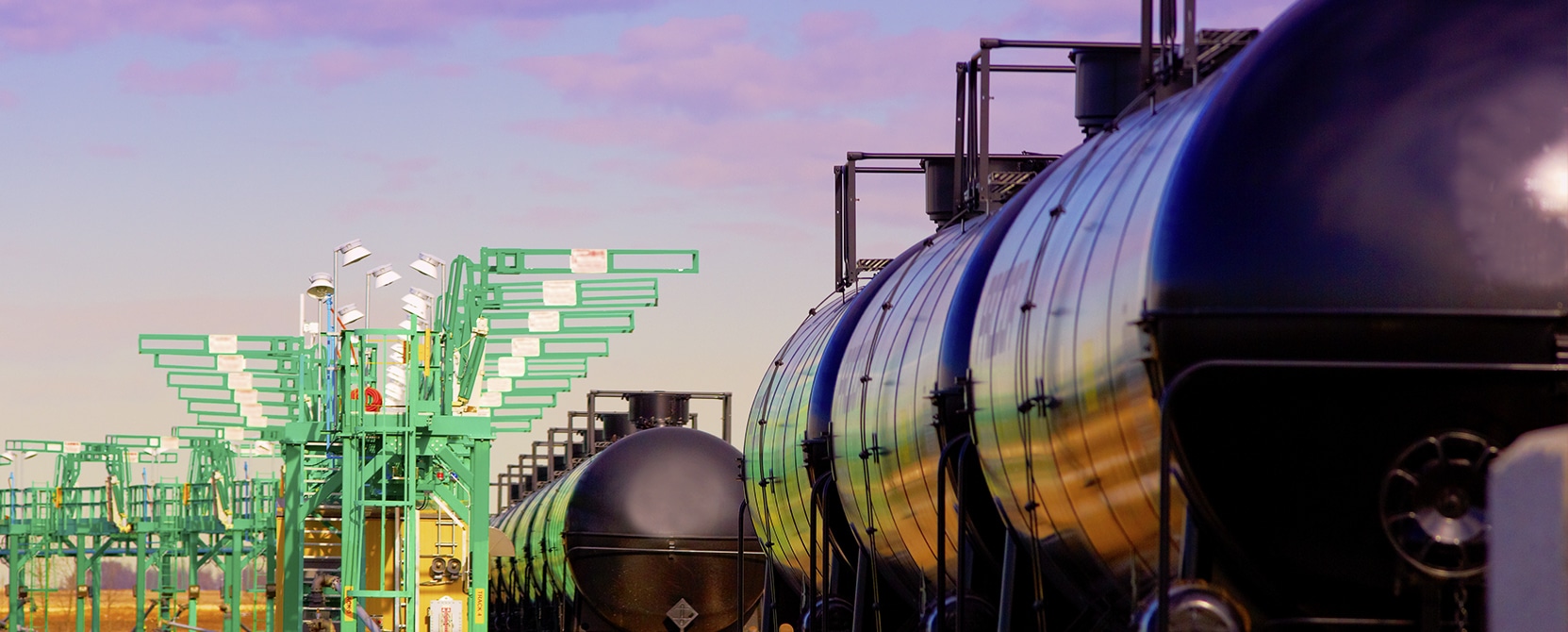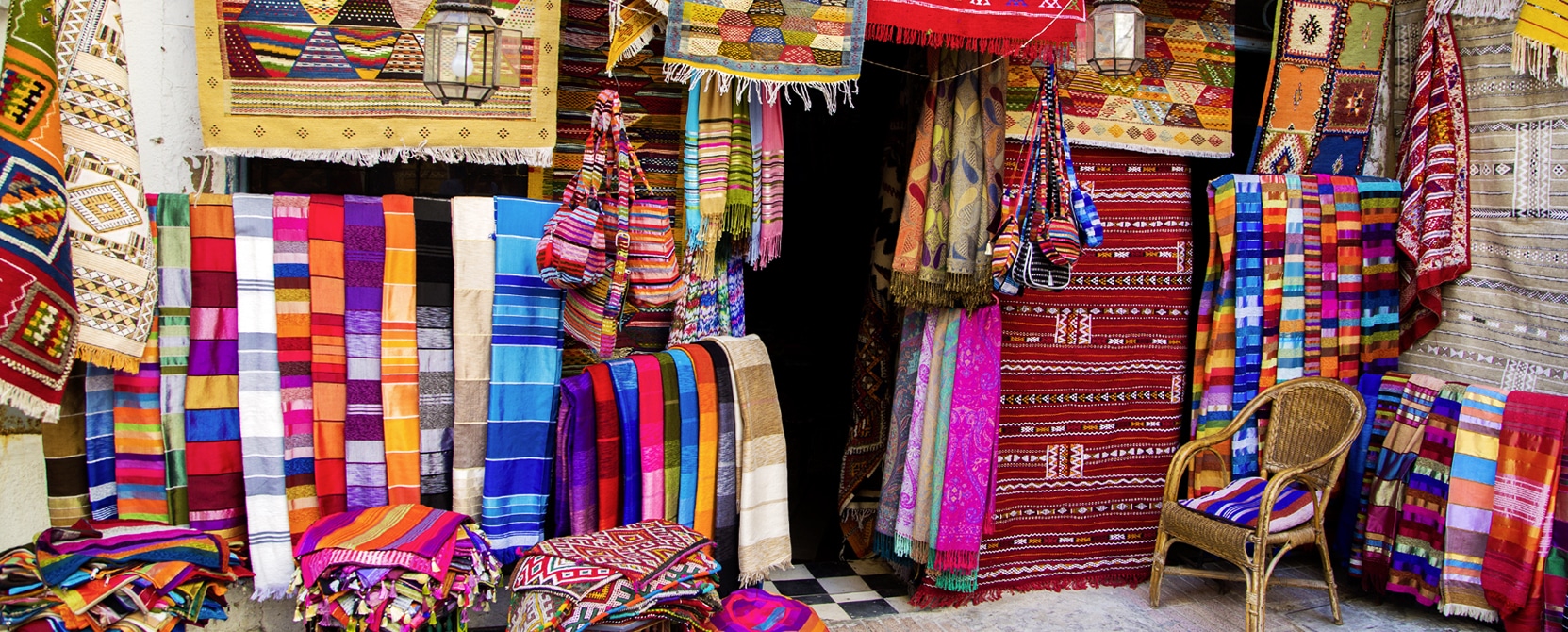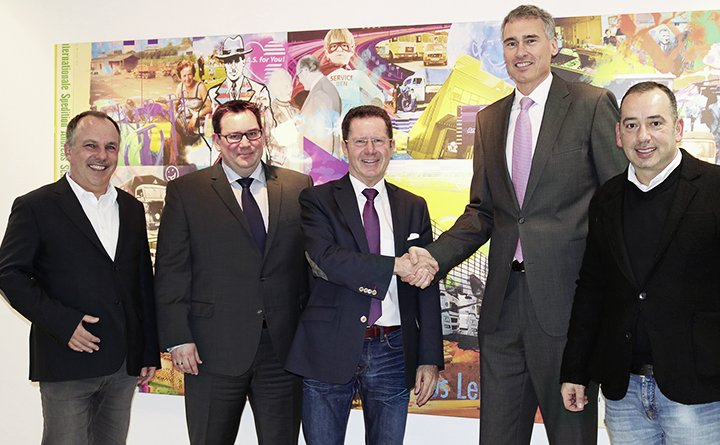Militzer & Münch France has acquired the supply chain management specialist ACTE International based near Grenoble. A good investment: Customers benefit from top service – Militzer & Münch identifies new growth opportunities.
Whether smooth supply chain, customs and foreign trade regulations, or the avoidance of corruption risks: cross-border business continues to be a challenge for companies. With ACTE International, Militzer & Münch now has experts on board in Grenoble, experts who offer customers consultancy, service, and training on all aspects of the supply chain (see info box).
This way, Militzer & Münch is consistently expanding its competence in France: In 2018, the company already founded its own customs agency with offices in all its transport branches, i.e., Lille, Paris, Lyon, Marseille, Toulouse, Bordeaux and Nantes. And a few months ago, Militzer & Münch France took over ITP and ITPL, two companies of the LPS Group (Logistique et Prestations de Services), which specialize in transporting goods to the Maghreb countries – one of Militzer & Münch’s key markets.
“The specialists of ACTE International complement our portfolio in the fields of global supply chain management, customs, CSR, and compliance,” says Guillaume de Laage de Meux, who is Managing Director of Militzer & Münch France and at the same time Regional Managing Director South West Europe / Maghreb. “We are confident that with the new offer, we will also be able to convince new customers of our potential.”
“Militzer & Münch has been active between Europe and North Africa for many decades. We manage procurement and distribution logistics for our customers, relying on our profound industry know-how – for example in the pharmaceutical, textile, and automotive sectors. And we see that shipment volumes are increasing from year to year, as for our customers in Europe, the Maghreb states are the logistical bridge to Africa.”
Guillaume de Laage de Meux
Managing Director Militzer & Münch France, Regional Managing Director South West Europe / Maghreb and Member of the Board of Directors of M&M Militzer & Münch International Holding AG
ACTE International – a supply chain management specialist
As an expert in cross-trade, ACTE International has been active in all aspects of supply chain management since 1995: as a freight forwarder and full AEO customs agent, as an auditing and consulting company for international import-export trade, and as a recognized vocational training center. Here is an overview of the services:
Supply Chain Management
- Coordination and optimization of global supply chains
- Engineering and management of cross-trade transactions
- Subcontracting export sales administration
- Operation of complex import/export logistics
Customs management
- Customs expertise and consulting for European operators (import/export)
- International customs coaching
- Customs and tax optimization
- Operational customs centralization
Corporate Social Responsibility (CSR)
- Consulting on CSR implementation at local and international level
- Social, environmental, construction safety, and anti-corruption audits
- Assessment and mapping of CSR and corruption risks in the international supply chain
- ETHIC Intelligence certification* of anti-corruption programs and systems
* ETHIC Intelligence is a certification agency which focuses in compliance and anti-bribery audits according to ISO standards. Specialized auditors certify against ISO 37001 and ISO 37301, while also providing general audits for channel partners, suppliers, and against ISO 19600.

